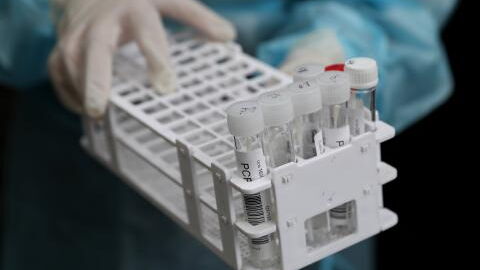Various studies have been showing that people who have previously gotten the virus will potentially produce COVID-fighting antibodies that will last several years or even a lifetime.
Discover our latest podcast
Clarifying misinterpretations
Last year, a common misconception was that immunity after getting COVID was short-lived, however researchers from Washington University School of Medicine are in the process of debunking that concern. Dr. Ali Ellebedy, associate professor of pathology and immunology, medicine and molecular microbiology at Washington University explained in a news release:
Last fall, there were reports that antibodies wane quickly after infection..and mainstream media interpreted that to mean that immunity was not long-lived.
But that's a misinterpretation of the data. It's normal for antibody levels to go down after acute infection, but they don't go down to zero; they plateau.
Scott Hensley, an immunologist at the University of Pennsylvania who was not part of the research, has a similar point of view. He said:
The papers are consistent with the growing body of literature that suggests that immunity elicited by infection and vaccination for SARS-CoV-2 appears to be long-lived.
Working with mild COVID survivors
The team at Washington University conducted a study with 77 volunteers, most had mild cases of COVID while six were admitted to the hospital. Each volunteer gave a blood sample one month after testing positive and then provided the researchers with one sample every three months. The findings revealed that the antibody levels did plummet in the first few months of infection, but they didn’t completely disappear. Instead, their production stayed steady and even after eleven months, the researchers were still able to detect antibodies that fought against the virus. Dr. Ellebedy added:
Here, we found antibody-producing cells in people 11 months after first symptoms. These cells will live and produce antibodies for the rest of people's lives. That's strong evidence for long-lasting immunity.















